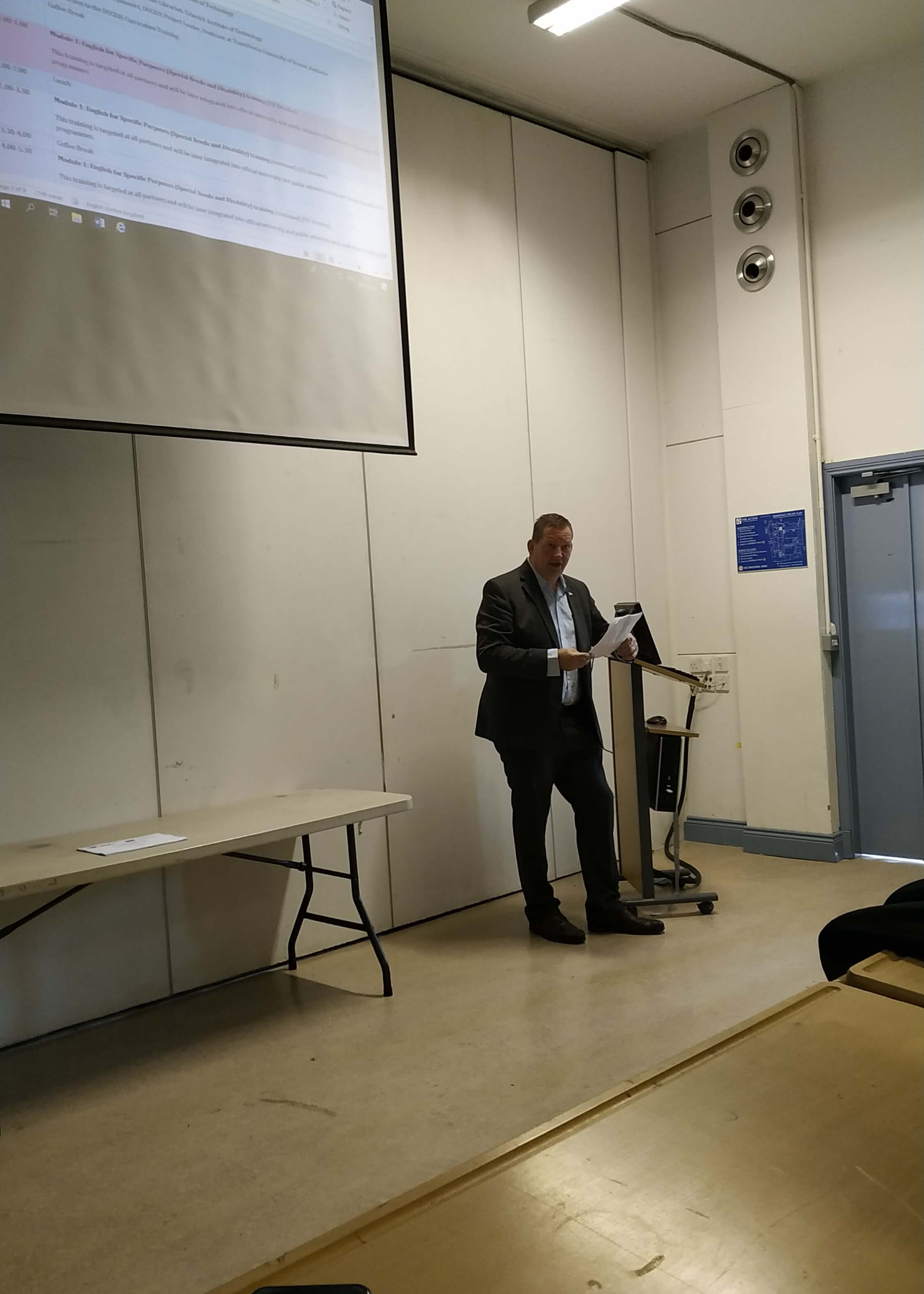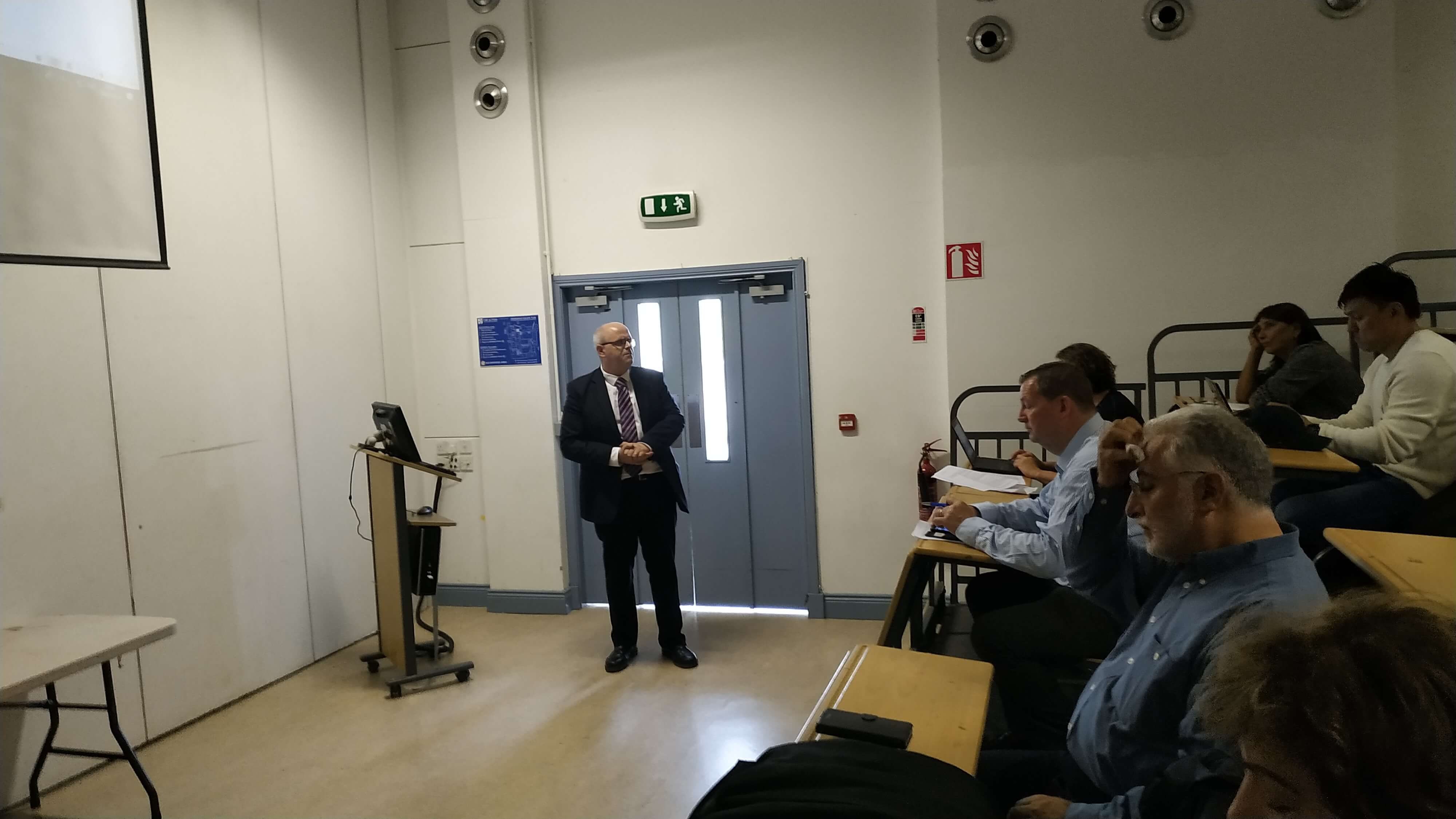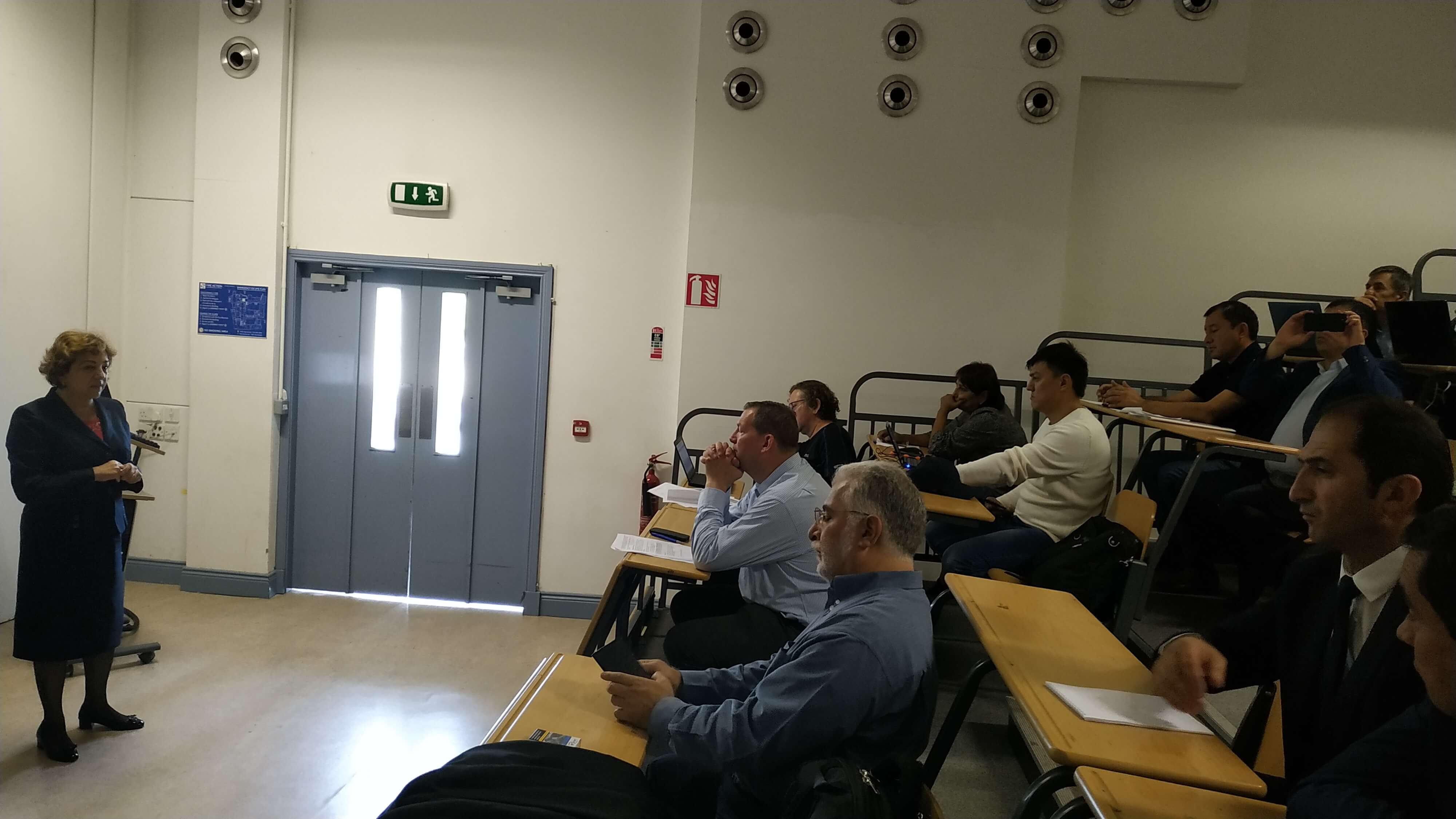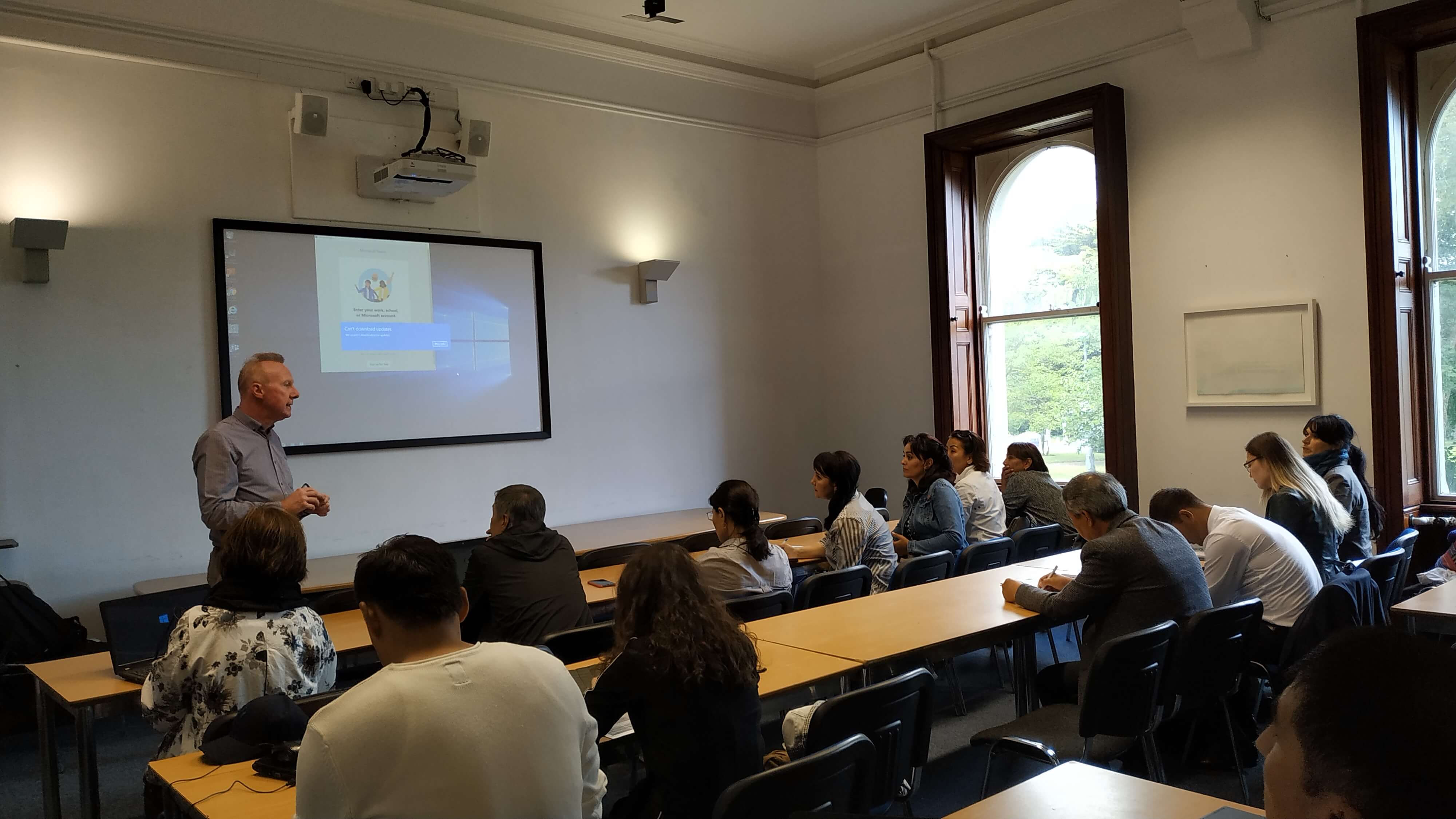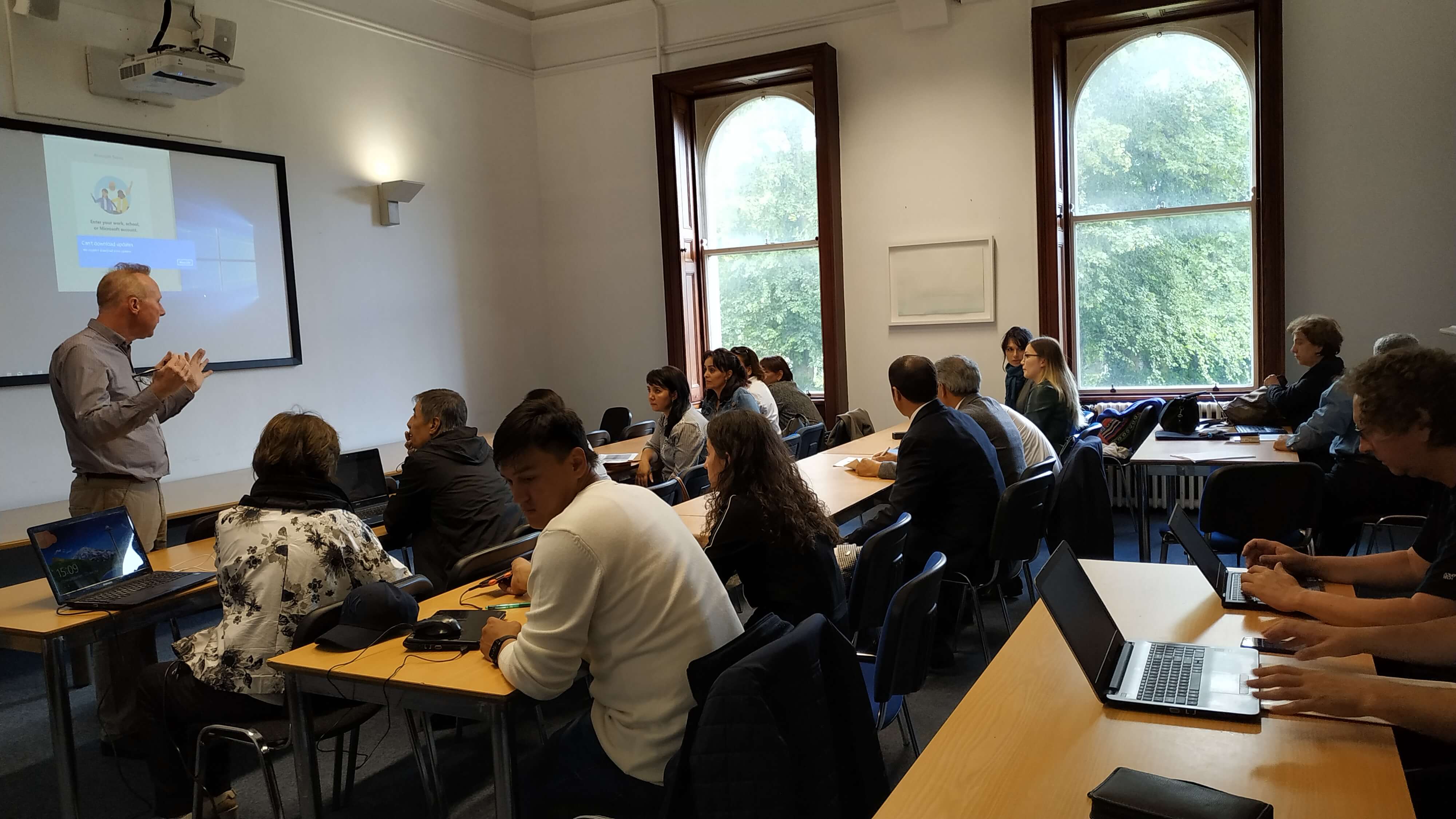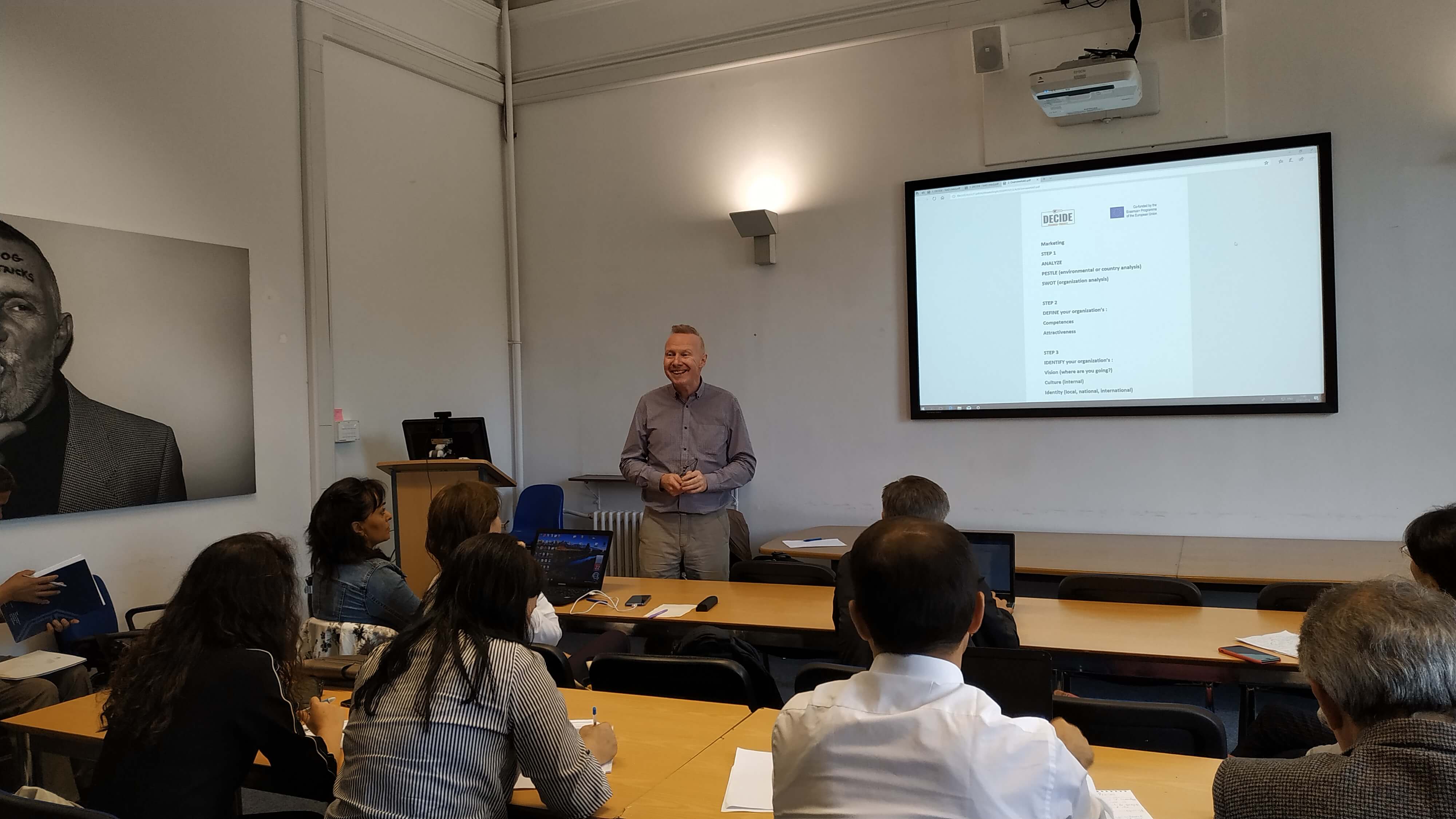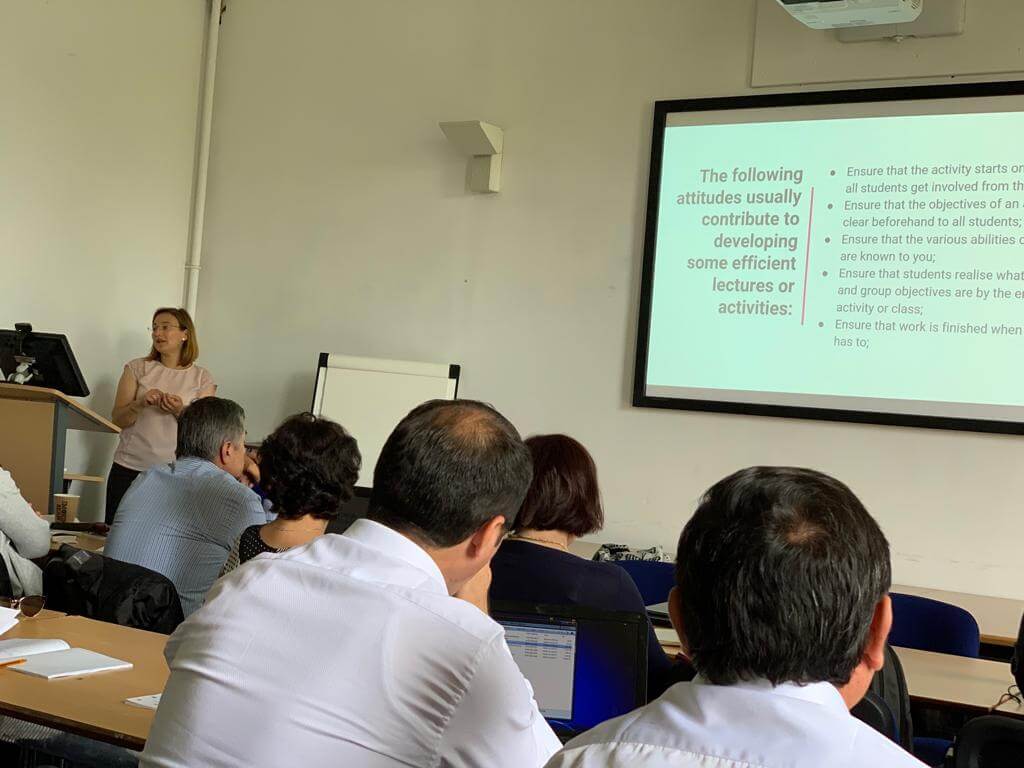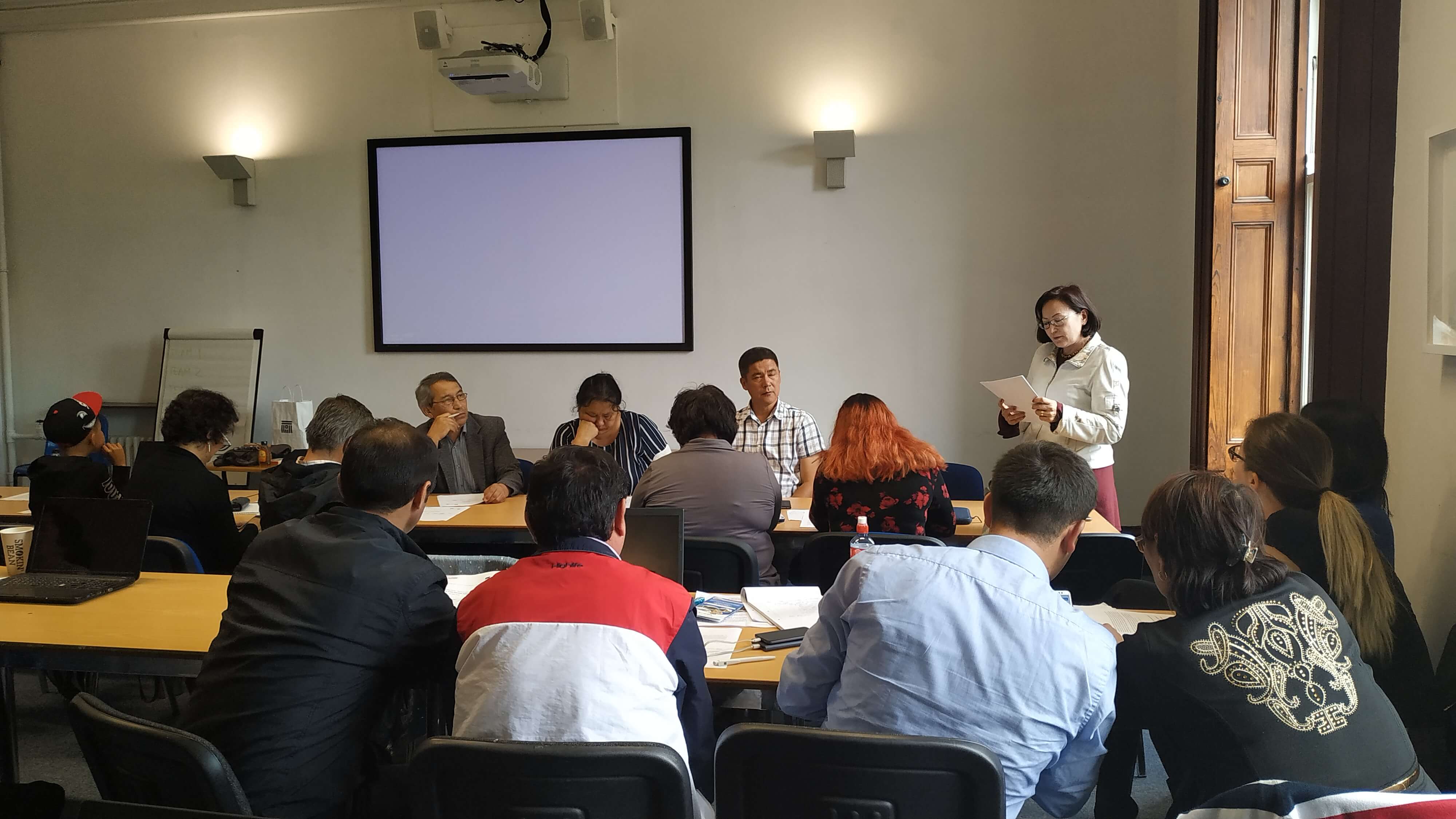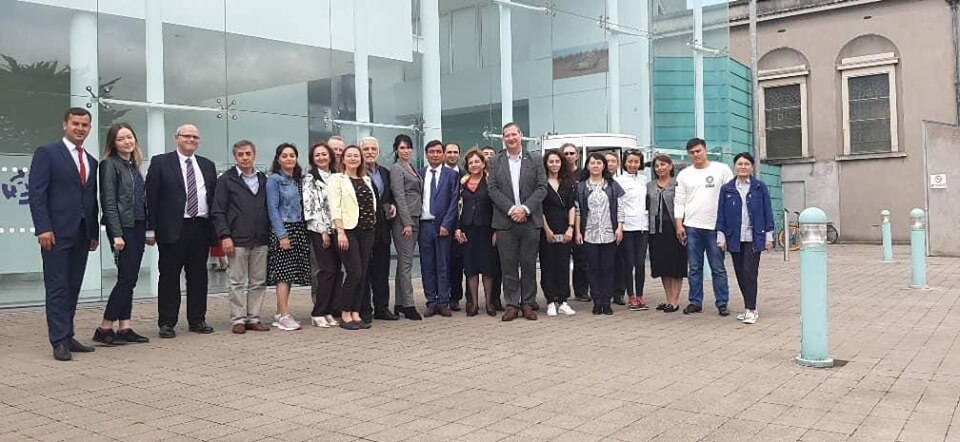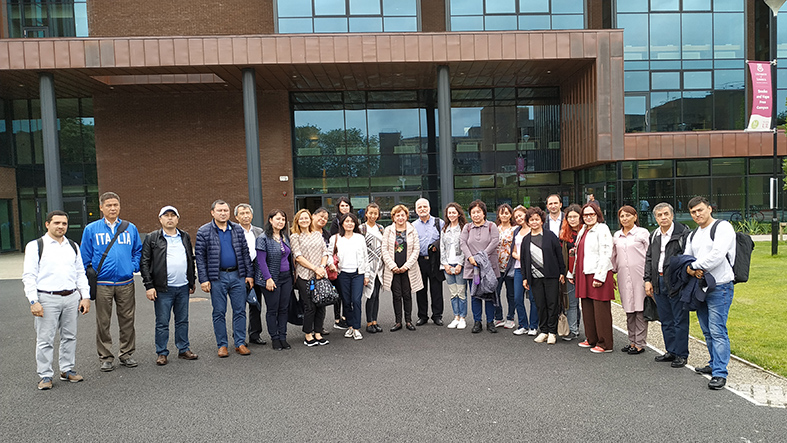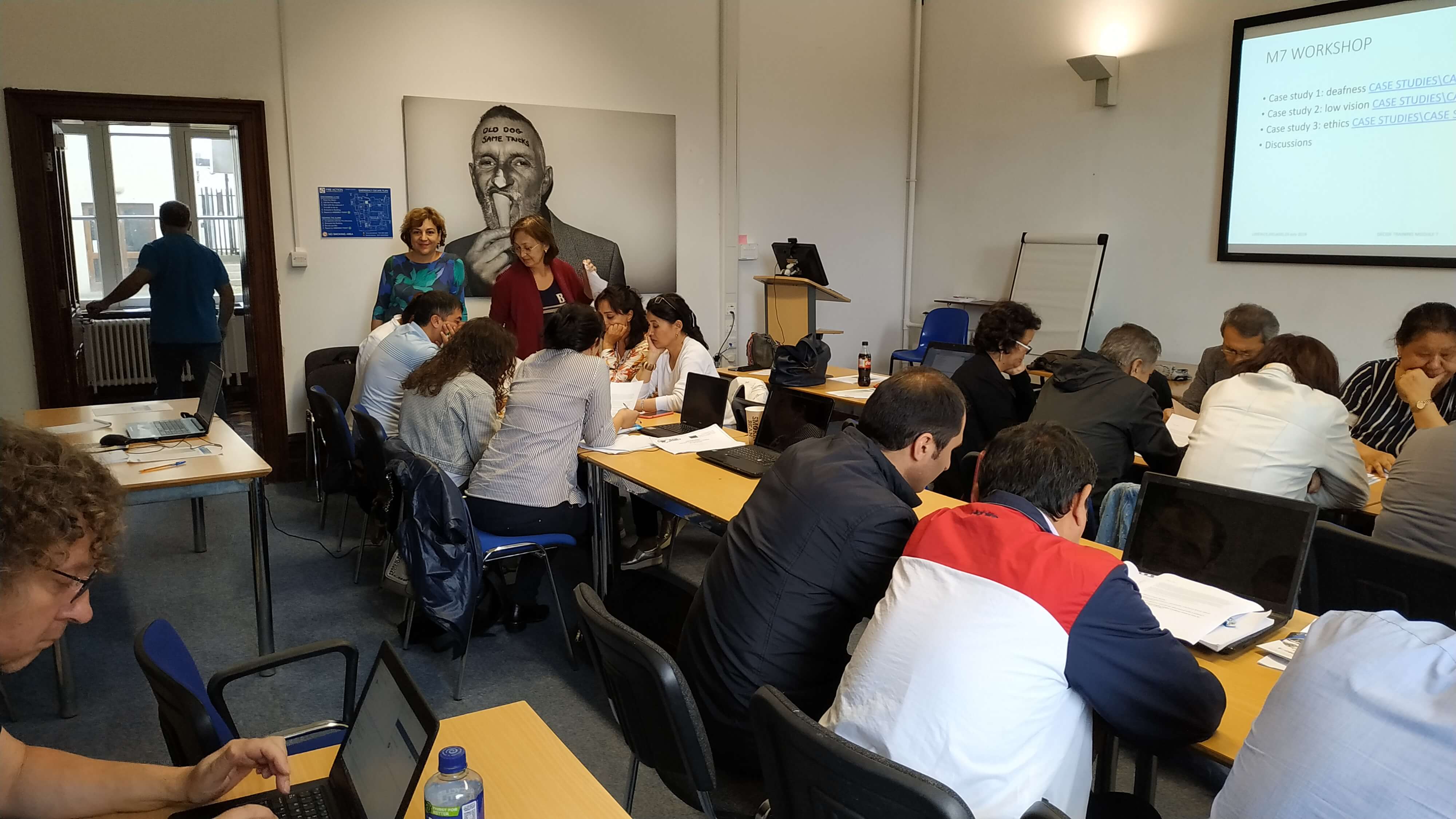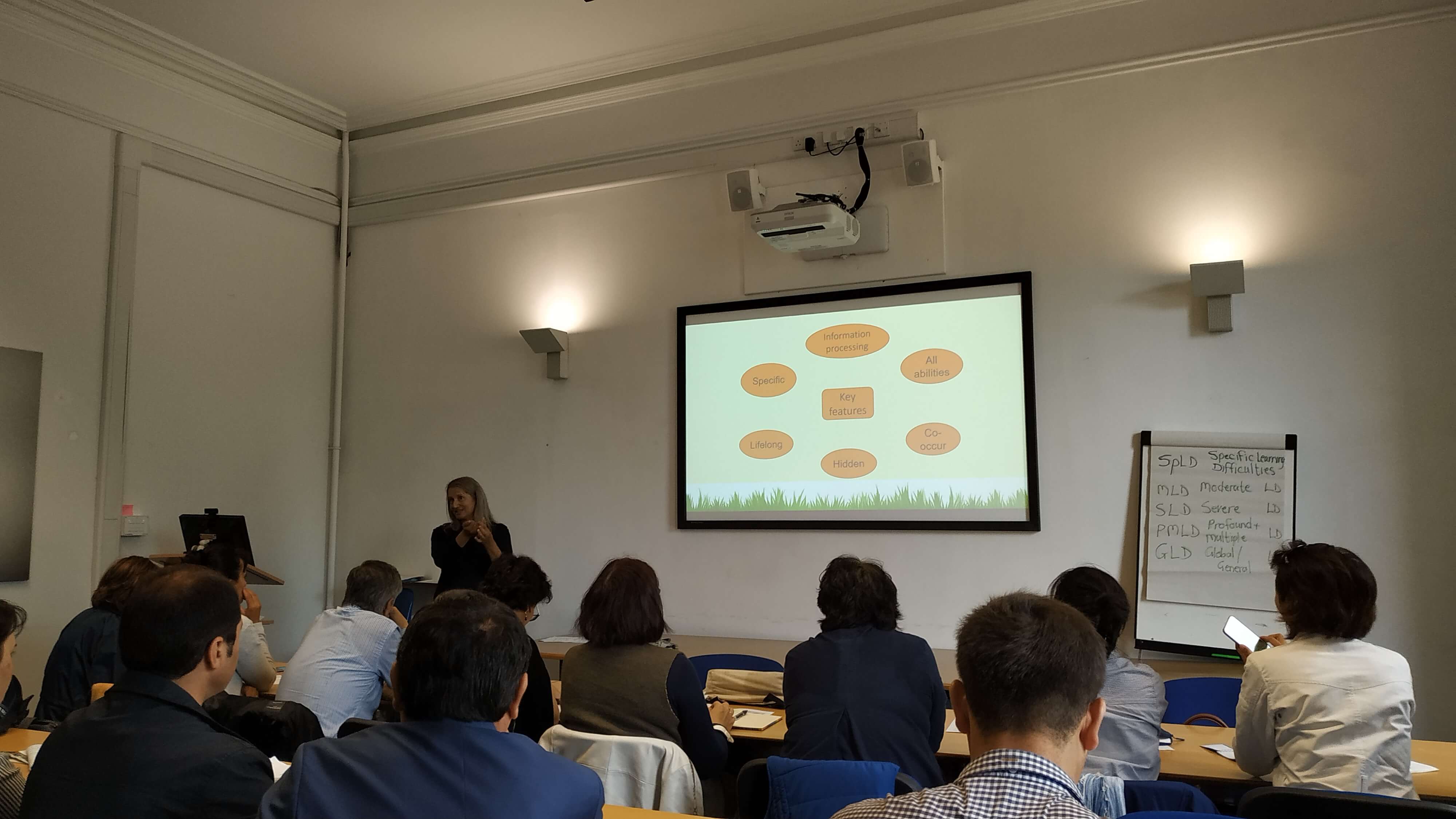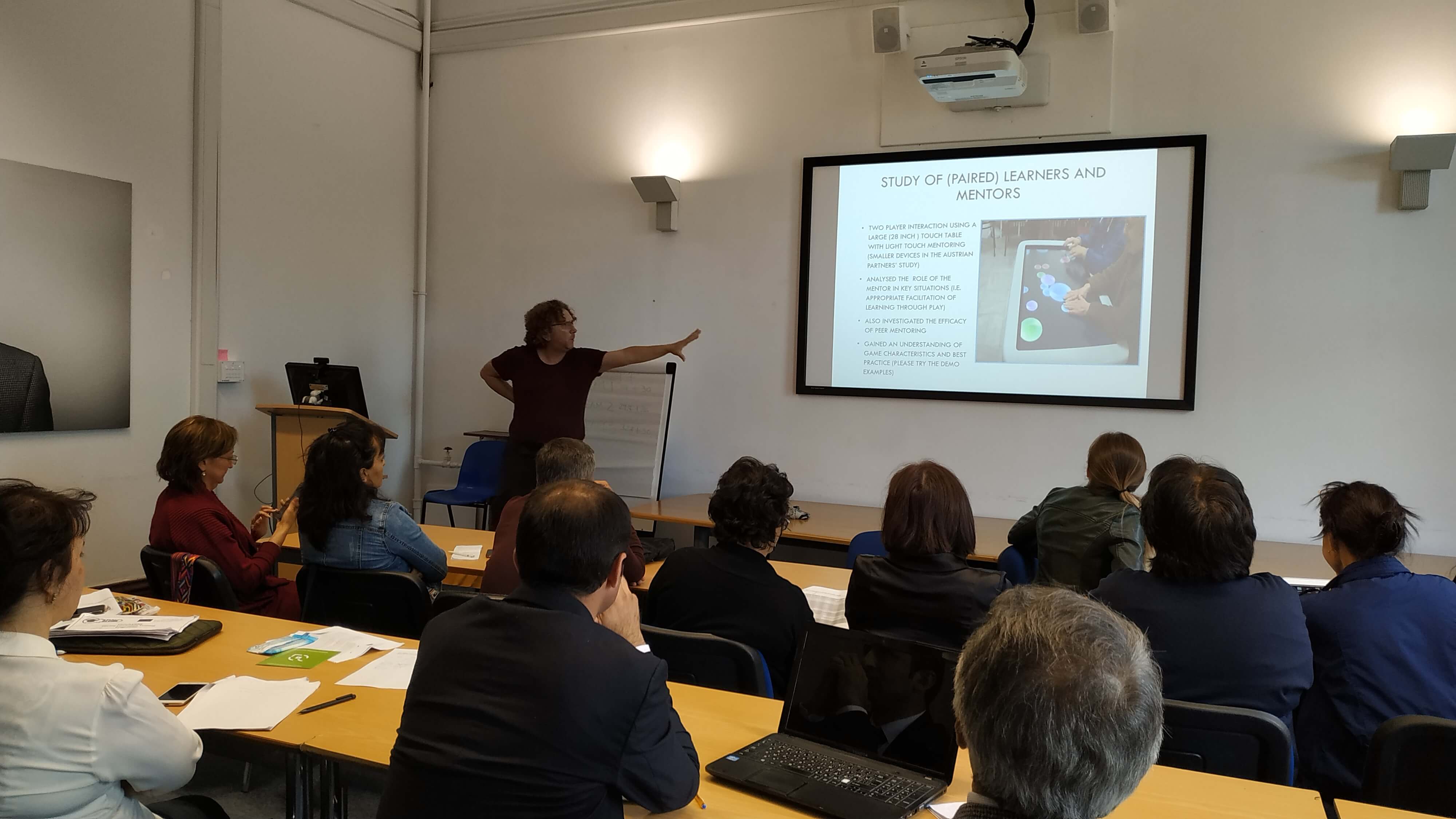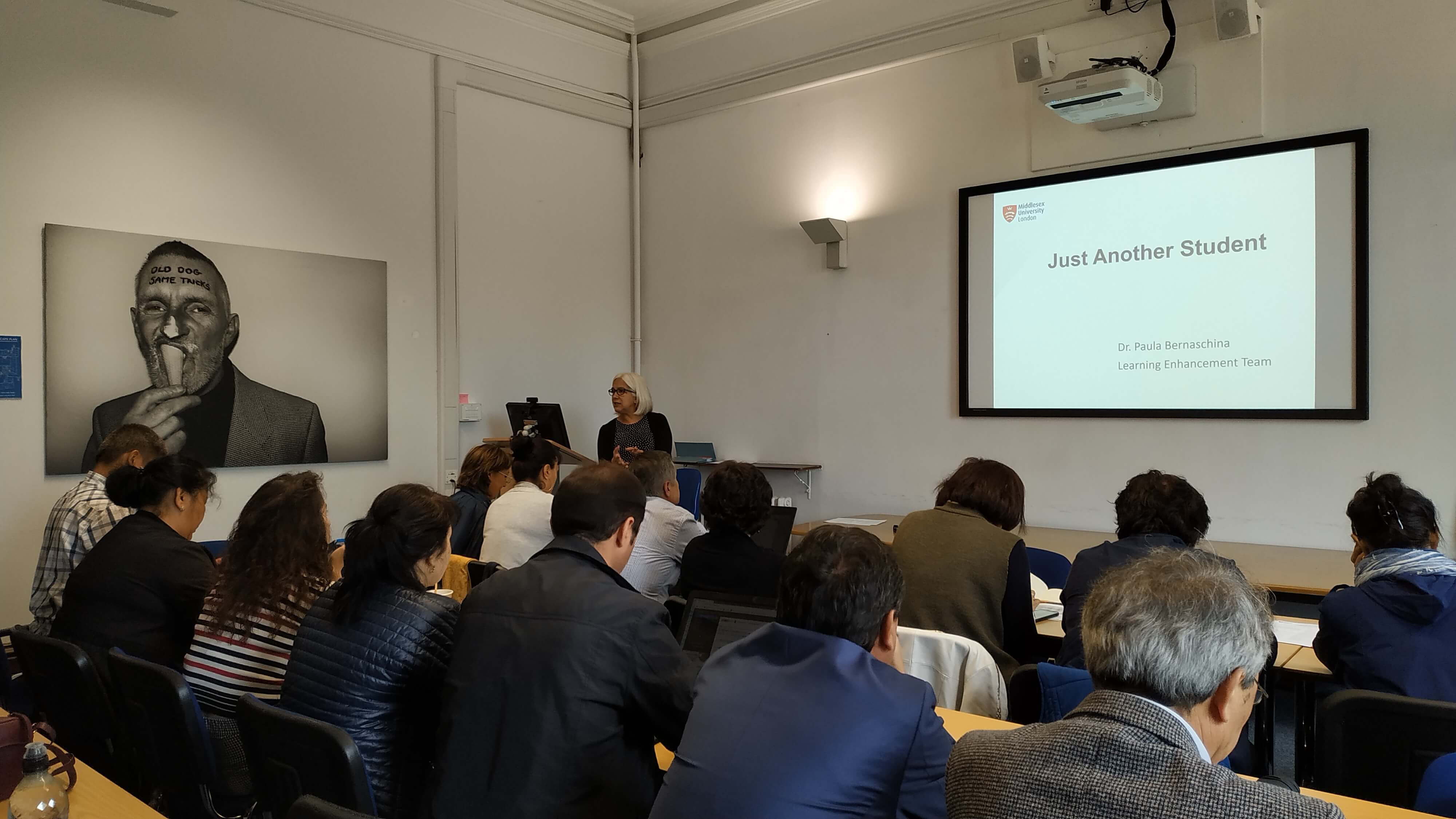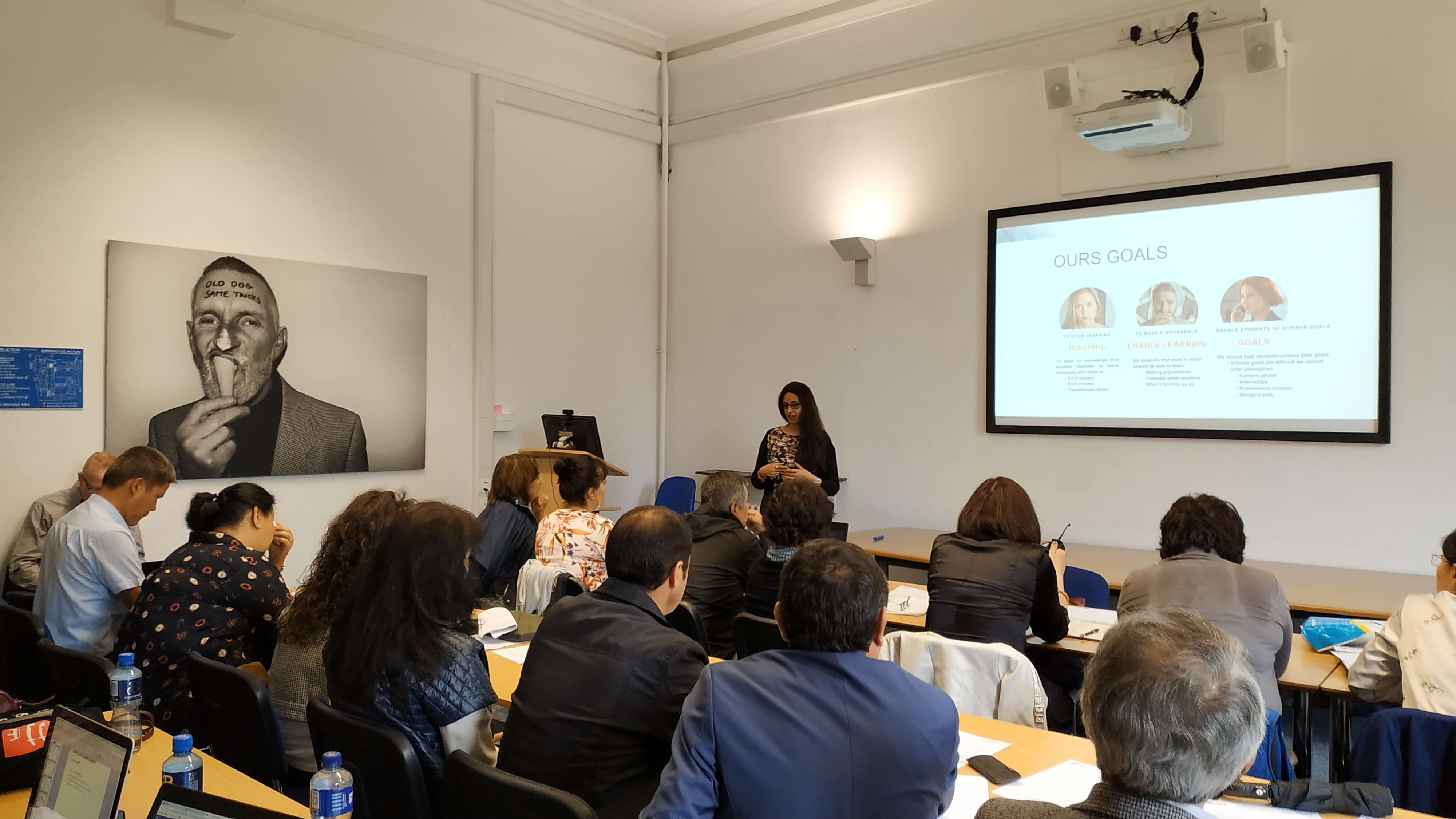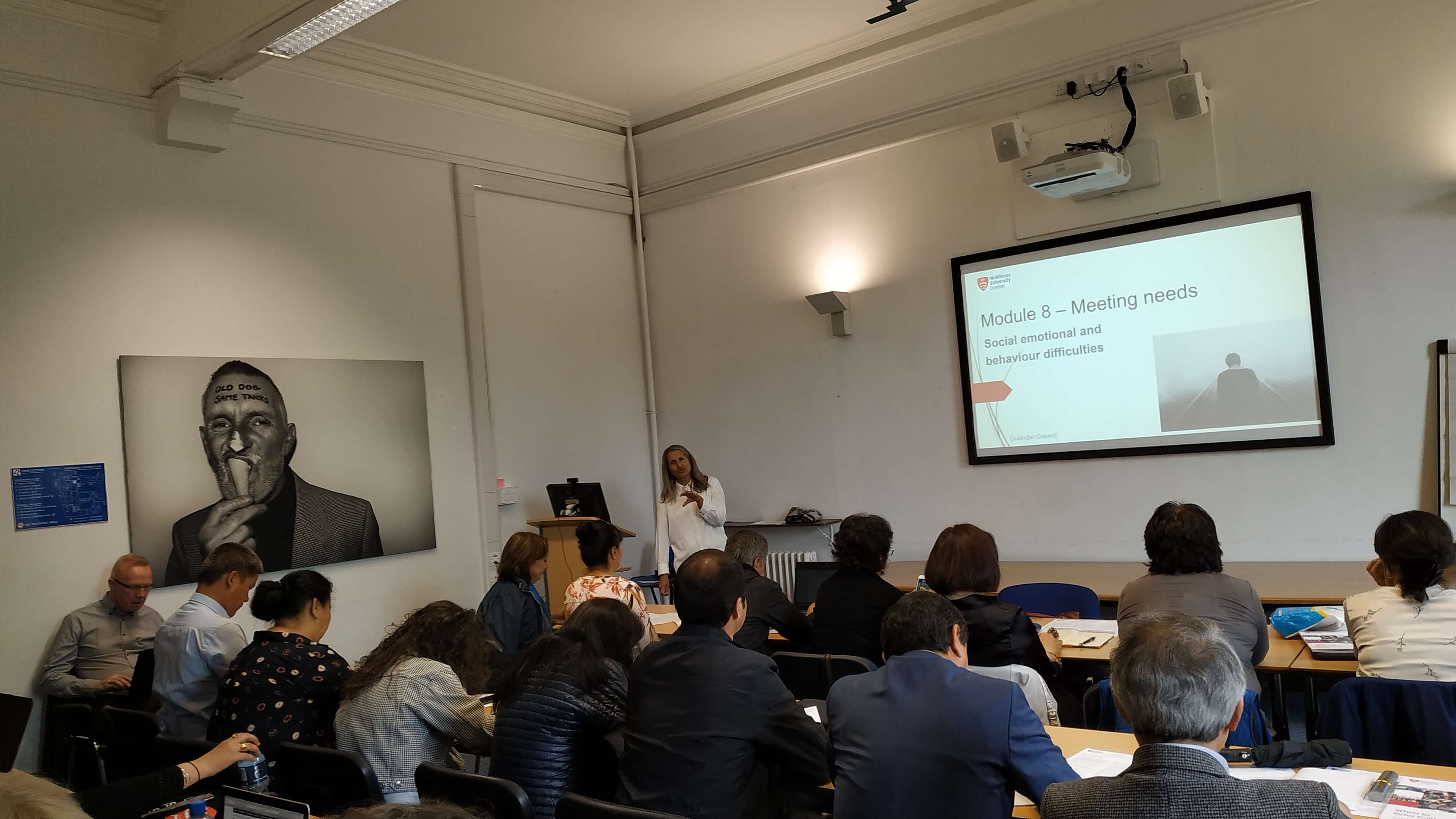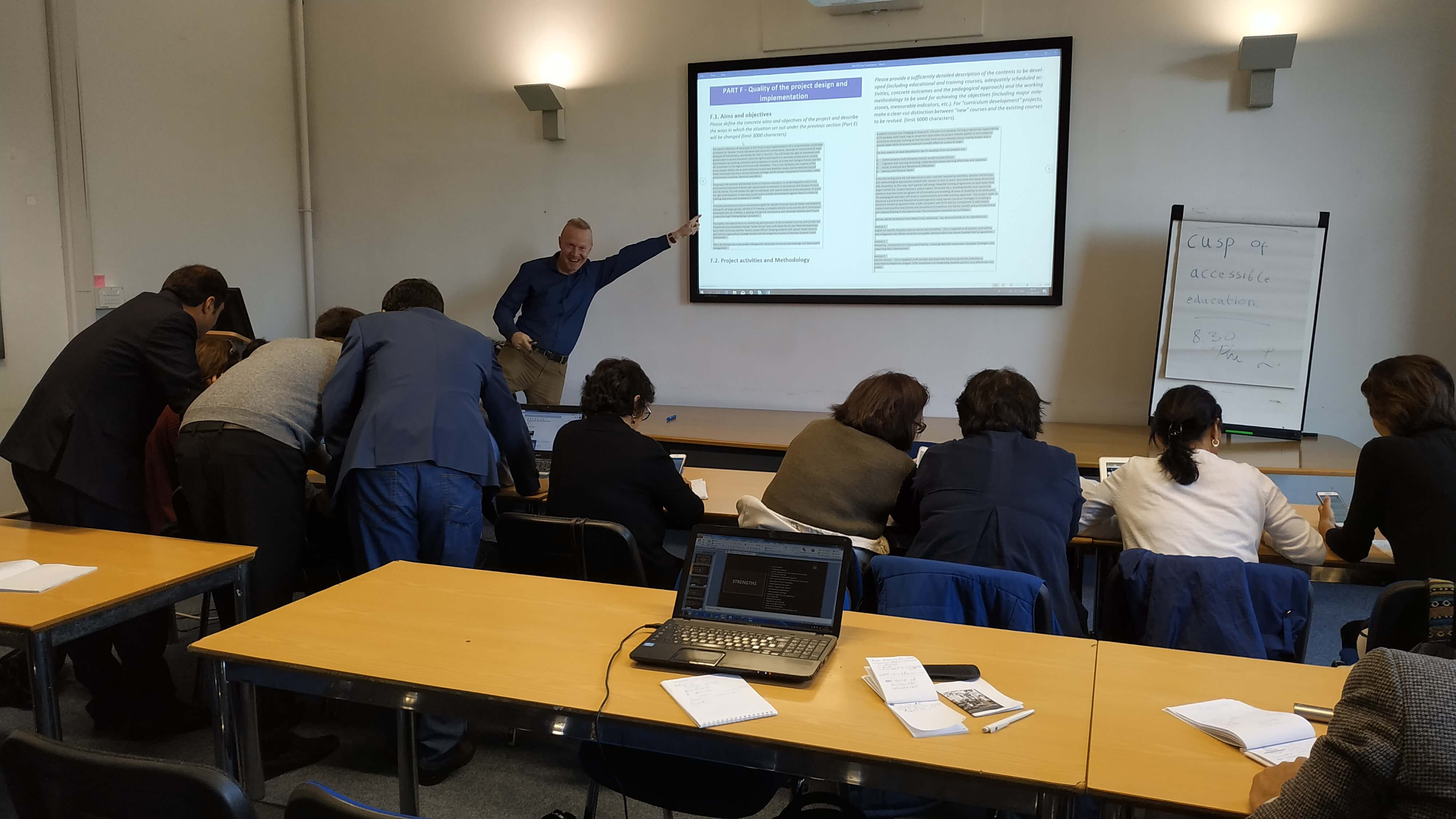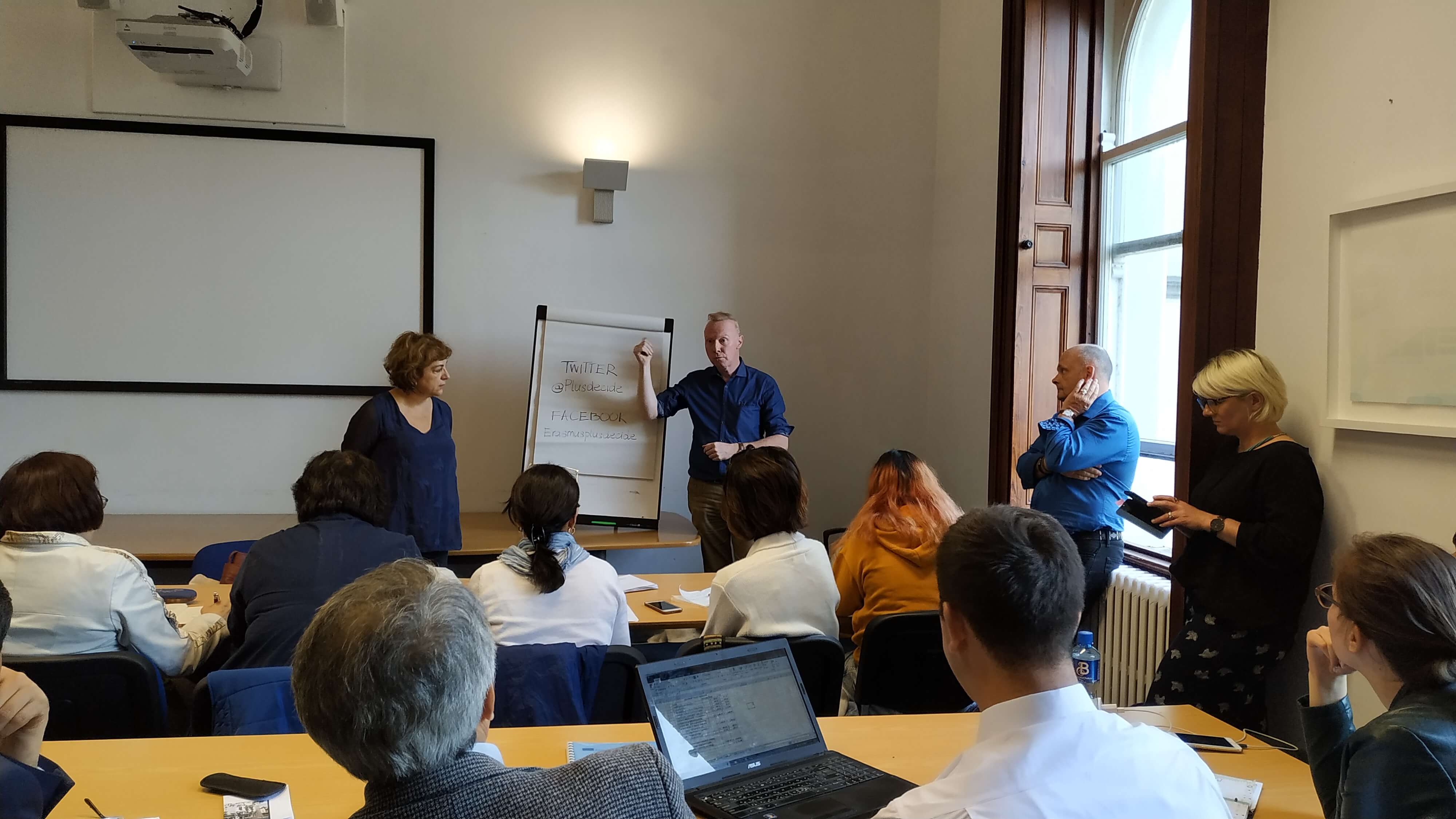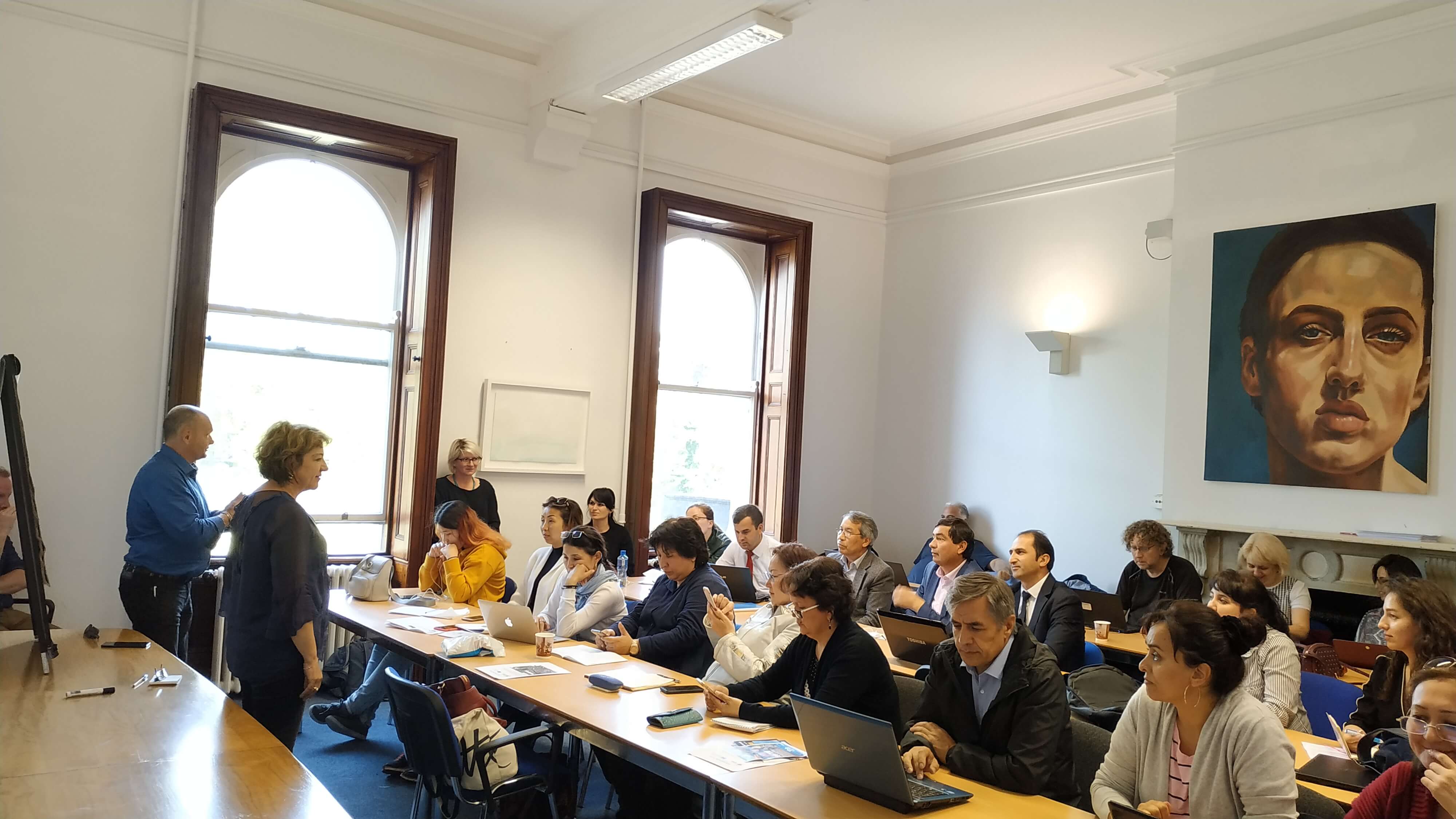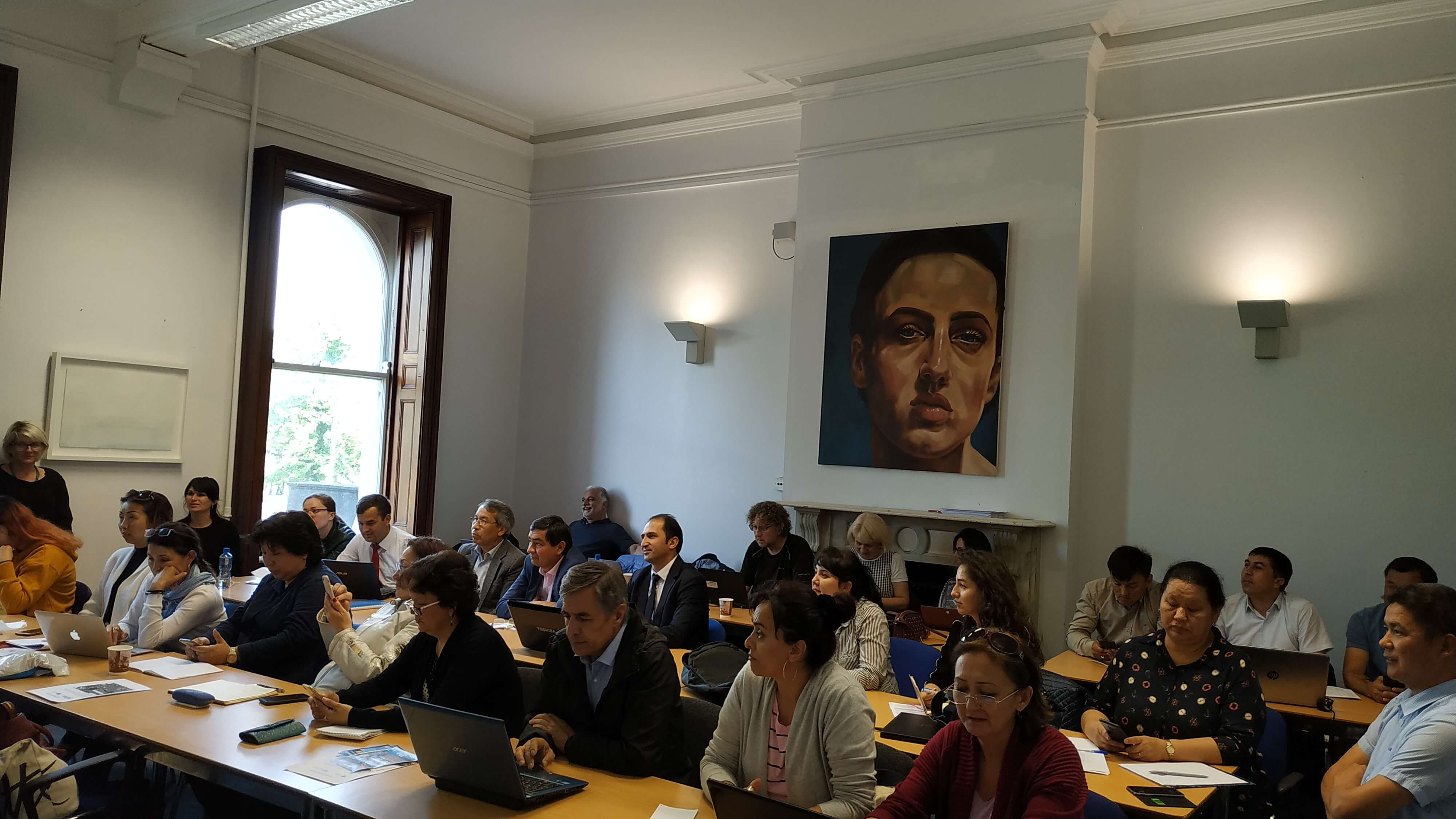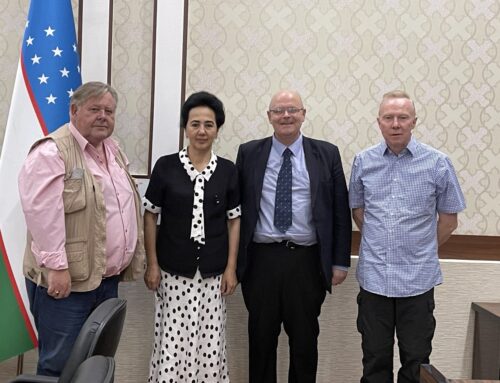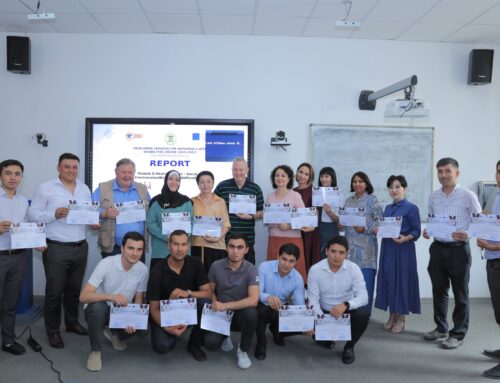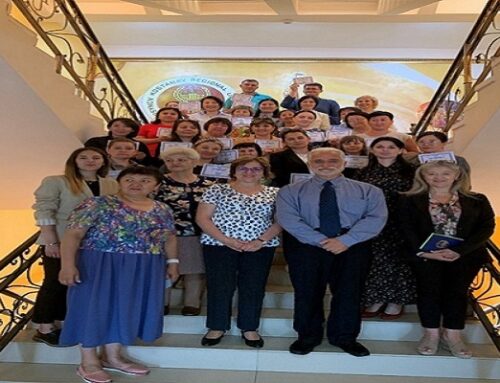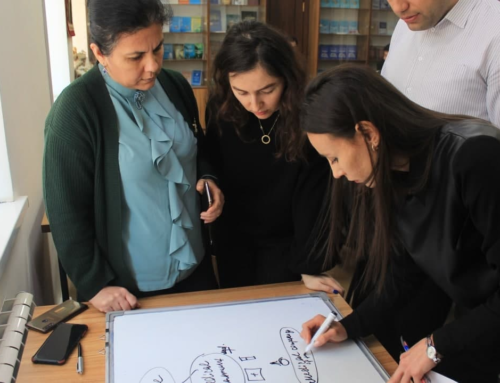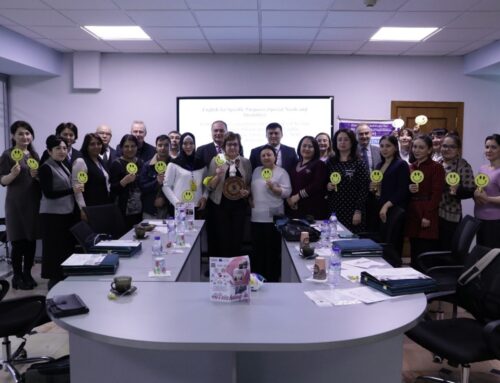Location: Limerick, Ireland
Dates: July 21st-August 3rd 2019
Participating Universities
- Transilvania University of Brașov
- University of Crete
- Technical University DRESDEN
- Middlesex University
- Samarkand Institute of Economics and Service
- Tashkent university of Information technology
- MUSHTOQ KO’ZLAR Society of social mutual aid of disabled children
- Seifullin Kazakh Agro technical University
- Al Farabi Kazakh National University
- A. Baitursynov Kostanay State University
- The Academy of Public Administration under President of the Republic of Kazakhstan
- Akmet Baitursynov Kostanay State University
- Affordable education for students with Disabilities
- Khujand State University named after acad. B.Gafurov
- Kulob Institute of Technology and Innovation Management
- Institute of Public Administration under the President of the Republic of Tajikistan
- Public Organisation of “Rushdi Inclusia” Public Organization of Parents of Children with Disabilities
- Karakalpak State University.
The number of participants total 34, which is one or two participants per institution from each country.
DECIDE Curriculum Training to be held in Limerick, Ireland (July/August 2019), will see two members of staff from each of the Target Institutions attend a two-week training programme on the DECIDE curriculum.
This training will be delivered by the EU partners in the project and will include: purpose, rationale and content of the DECIDE curriculum to include international Quality Standards and the requirements of international, Bologna agreement and ECTS Modular creation using the EU-TUNING system.
DECIDE Descriptions of the modules
Gerry Cullen (TU Dresden) presented Module 1: English for Specific Purposes (Special Needs and Disability) training and recapped lessons in TUD, module Description and teachers’ records.
Gerry Cullen (TU Dresden) presented Module 2: Marketing – Introduction to Theory and Practice – Introduction to Marketing essentials followed by creating National Awareness Campaign Strategies and Supporting NGO Development. This training is targeted at all partners and will be later integrated into official university and public administration and where feasible NGO programmes.
Dr. Manolis Koukourakis (UOC) presented Module 3: Use the Library: Access to Libraries for people with Special needs and disability. The presentation is focused on the access to libraries for persons with disabilities, the Library Services to People with Special Needs Section and guidelines for easy-to-read materials. The presentation emphasized the role on the open, inclusive library, the role of libraries for inclusive education and the possible path to achieve this outcome.
Padraig Kirby (LIT) provided an overview of Module 4: Access Liaison Officer Training Programme, how disability fits into Access, work carries out in the Access Service (LIT Access Office).
Lect. dr. Daniela Popa (UTBV) presented Module 6: Meeting Needs – Communication and Interaction. The aim of the presentation was to raise awareness of the impact of curricular adaptation on the integration of people with SEND into higher education.
The core of the presentation is communication and interaction strategies that are considered to be effective for higher education and the feasibility of the curricular adaptation models to specific, national contexts.
Prof. dr. Angela Repanovici (UTBV) presented Module 7 Meeting Needs – Physical and Sensory Needs introducing introduce the accessible design and Universal Design for Learning and ways to design and develop course materials for students with disabilities.
The presentation explains the existent accommodations and assistive technology.
Gill Whitney, Gurinder Grewal, Mark Springett, Paula Bernaschina, Sukhy Hara (Middlesex University) presented Module 5 Meeting Needs – Cognition and Learning (including moderate and severe learning difficulties and Dyslexia) and Module 8 – Meeting Needs – Social, Emotional and Behavioural Difficulties. The presentations introduced the topic of students with a range of cognition and learning disabilities, awareness raising and current practise in the UK.
Gurinder Grewal introduced the specific learning difficulties and explained the main difficulties that can be found in university’s environment. Paula Bernaschina presented the learning enhancement team and some examples were provided. Gill Whitney presented the standards on cognitive impairment, web, and European and ISO accessibility and explained that standards are still developing in this area.

